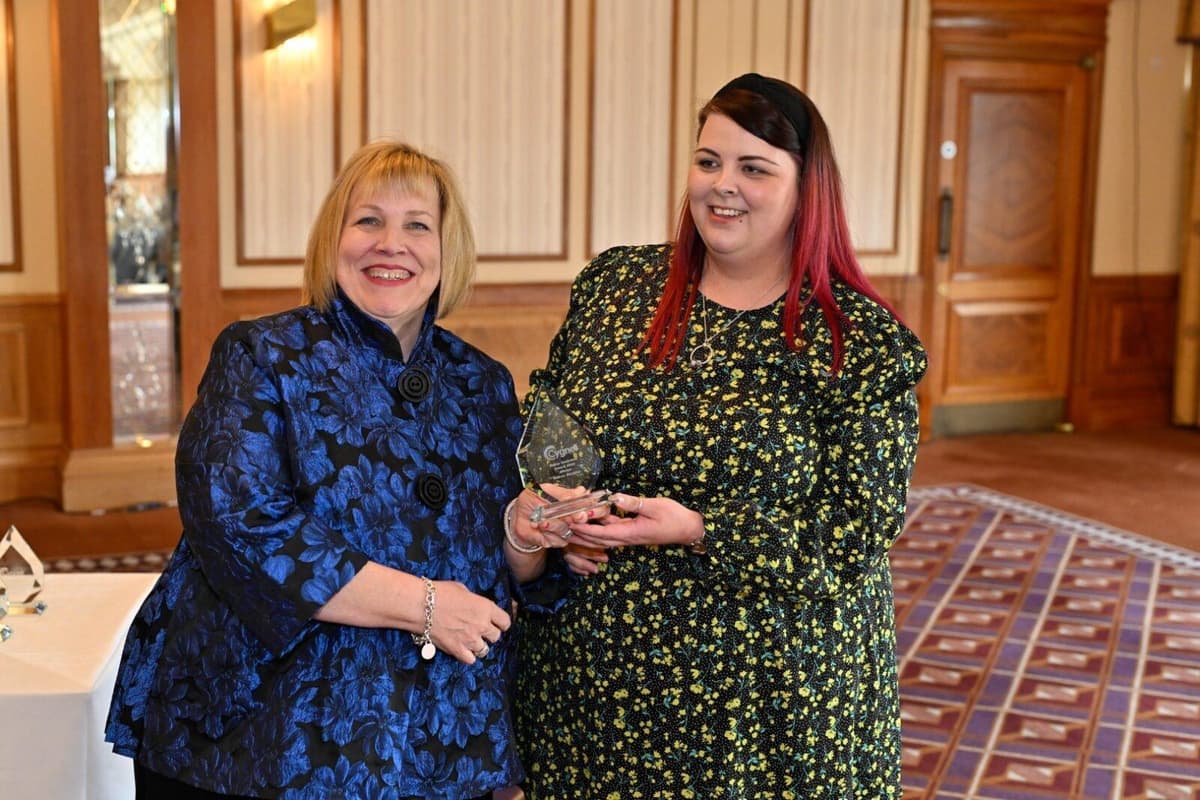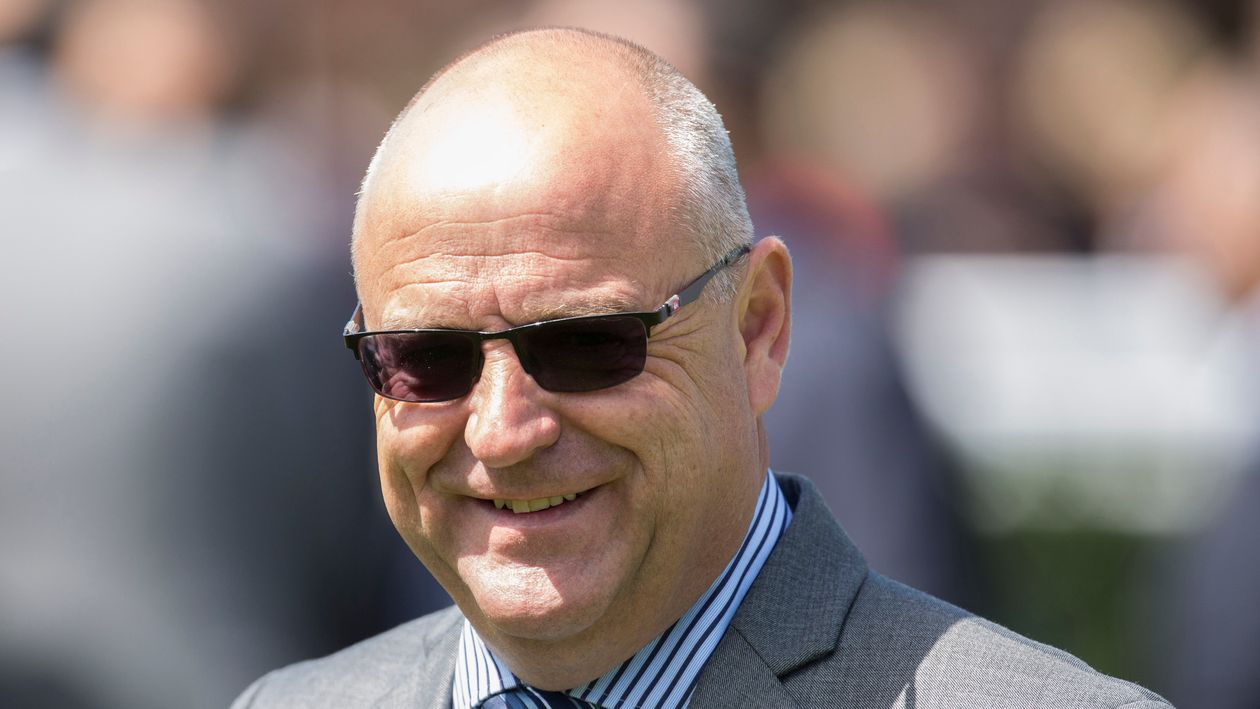3 New British Heart Foundation Banks In Oxford For Unwanted Household Items


Oxford City Council and ODS have partnered with the British Heart Foundation to install temporary bring banks across the city. The aim is to raise money for heart disease research and help students and residents reuse and recycle. This reduction on landfill will help Oxford move closer to a zero waste society.
Donations can include clothes, CD’s, DVD’s, electrical items, furniture, clothes, books and much more and the collection banks will be in place from now until the middle of August in three locations:
- The corner of Bulan Road and Peat Moors
- The corner of Grays Road and Old Road
- The corner of Union Street and Morrell Avenue
There are also bring banks in Oxford Brookes halls of residence and University of Oxford colleges and British Heart Foundation shops at:
- Templars Square Shopping Centre, 117 Pound Way, Oxford OX4 3XH
- 94a London Rd, Headington, Oxford OX3 9AJ
- 32 Saint Ebbe’s St, Oxford OX1 1PU
The Pack for Good campaign
The initiative comes after Council, ODS, the British Heart Foundation, Oxford Brookes, and the University of Oxford have successfully run the ‘Pack for Good’ campaign for over a decade.
The campaign supports students and residents in highly populated student areas to donate unwanted items to give them a second lease of life when they move out at the end of their final semester.
Oxford City residents have previously donated the equivalent weight of 63 African elephants in household items, clothes, shoes, bags, kitchenware, small electrical items, CDs, and DVDs. This takes items out of the rubbish stream helping Oxford move closer to a zero waste society.
The campaign has raised over £770,000 for heart disease research, which is undertaken at the University of Oxford. This funding contributes to the work of PhD students, post-doctoral researchers and vital equipment they require to undertake heart disease research.
Councillor Nigel Chapman, Cabinet Member for Citizen Focused Services and Council Companies, said:
“Here’s yet another opportunity for you to recycle unwanted items, and as a bonus you’ll be providing much needed funds for the British Heart Foundation. I’m sure many departing students will not want to take unused clothing away with them so what could be better than giving it new lease of life by popping into one of these convenient recycling banks?”
An example of this is Professor Nicola Smart and her team’s research at the University of Oxford to look at finding efficient ways to regenerate the heart and blood vessels after a heart attack.
Professor Smart said:
“We’re looking to develop treatments that could give a damaged heart a new lease of life. This could limit the chances of someone developing heart failure and allow them to lead a normal life. Without the support of the British Heart Foundation, this work simply couldn’t happen.”
Rachel Naden, ODS Waste and Resource Reduction Officer, said:
“Charity shops are key to the waste hierarchy because they allow us to re-use before we need to recycle or worse, create rubbish. They help give unwanted items a longer life! Do good today, by donating or shopping at your local charity shops in Oxford.”
The British Heart Foundation will be emptying the banks regularly. If you notice any issues with any of the banks, please contact ODS on [email protected]
What is zero waste?
Zero waste is a goal to reduce the amount of waste sent to landfills and incinerators. It is a lifestyle that encourages the reuse and repurposing of materials, avoiding single-use items, and using products that are made from renewable sources. It emphasizes recycling, composting, and other practices that reduce the amount of waste sent to landfills.













